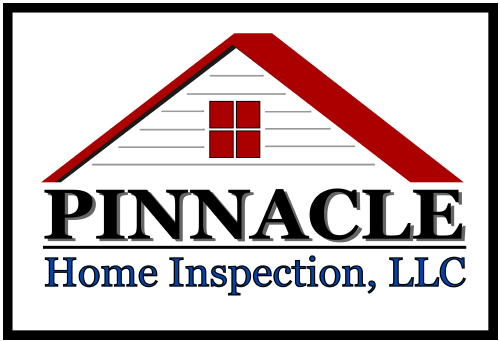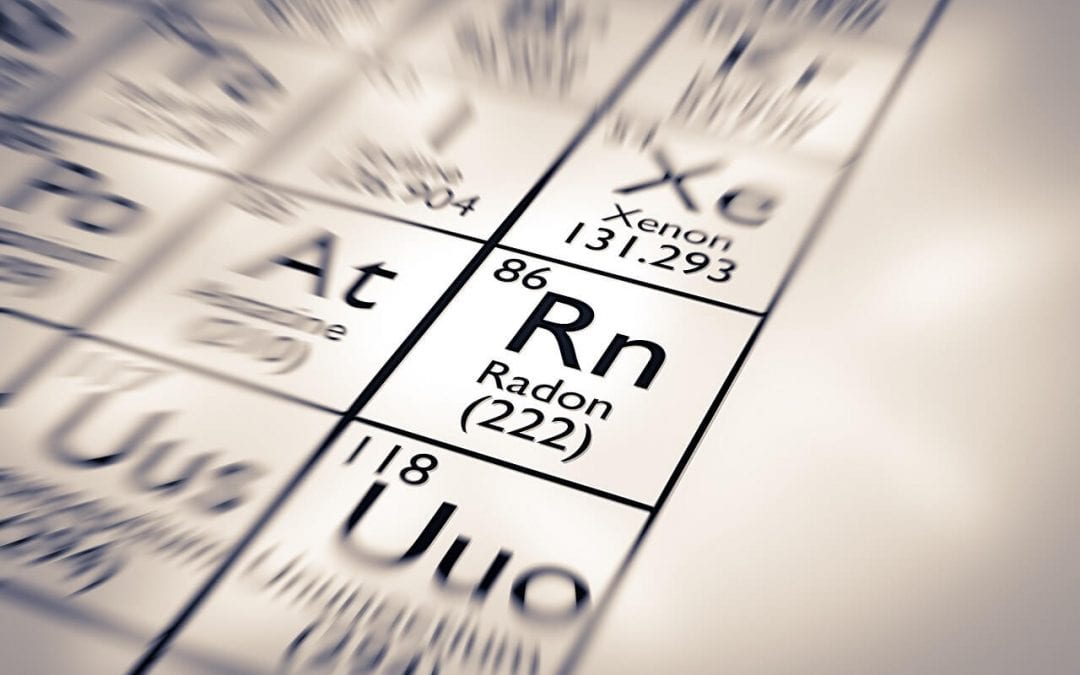In the home, you stay alert to obvious dangers. You secure the doors and windows to prevent theft, keep fire extinguishers on hand, and regularly test the smoke detectors. However, it’s easy to overlook invisible threats, and radon in the home is at the top of the list.
Monitoring your home for radon is important to your family’s health. This odorless, colorless gas is the leading cause of lung cancer after smoking. If present in high levels, radon is a threat to you and your family. Here are a few things you should know about radon in your home.
Understand the Risk of Radon in the Home
Radon gas can be found anywhere. Radon is formed underground when radioactive uranium breaks down. It seeps up through the soil and can enter a home through cracks in the foundation, gaps in walls, or even in the well water. Different soil types can influence the concentration of radon inside a building. Your house may have elevated levels of radon even though your neighbor’s home does not, and the only way to know for certain is with professional testing.
Get a Professional Radon Test
While there are home DIY kits for testing radon, they don’t perform well enough to be the primary tool for monitoring. A qualified radon inspector has the experience and equipment to conduct an accurate test of your home. You will also get more objective information than testing yourself. The feedback you receive from a professional inspector is based on facts and experience.
Ventilation to Manage Radon Levels
Because radon is a gas, you can lower the amount by improving ventilation with a radon mitigation system. Whether you have a crawlspace or a basement, encouraging airflow helps to reduce the amount of radon that accumulates indoors. When radon testing returns a problem, talk to a professional about how a mitigation system can lower levels of radon in your home. Once you have a mitigation system in place, be sure to regularly retest to make sure the system stays effective.
Maintain Regular Monitoring
A professional radon test that determines whether there are unsafe levels is just the beginning. Your inspector can help you develop strategies for eliminating radon and monitoring for the effectiveness of those techniques. Work with a trusted professional to determine your risk. Retest your home at least annually to verify that radon levels are decreased.
Pinnacle Home Inspection offers professional radon testing and other home inspection services in upstate South Carolina. Contact us to request an appointment.

